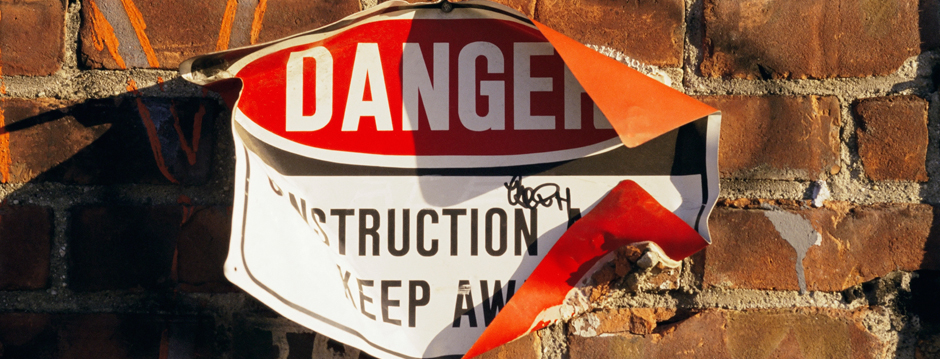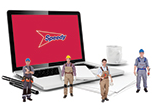
How To Work With Electricity
Electrical safety should be a concern for all construction businesses. Whether erecting a brand new building or renovating existing premises, electricity will be required to power the site and it is important for contractors to be aware of the risks.
There are four main areas construction companies need to consider. As well as the more obvious electrical systems in buildings, they also need to think about overhead power lines and underground cables, which can cause a great deal of harm if they are not properly managed.
Workers on sites can also encounter electricity through power tools, tool batteries, and other appliances.
Why Is Electricity Dangerous?
In any environment, electricity can cause several issues:
- electrical shock and burns from contact with live wires and parts
- fires and smoke from faulty wiring and appliances or tools
- explosions from unsuitable electrical equipment
What Has To Be Done When Electricity Is On Site?
As with all hazards and risks, such as chemicals and asbestos, a risk assessment needs to be carried out when dealing with electricity.
You need to work out what electrics are on site, how people could come into contact with electrics, who would be harmed, and what precautions are being taken to eliminate or reduce the risks.
Any electricals, such as tools or appliances, must be suitable for their intended use and only used for their intended purpose. Don't try and cut corners and reduce the tools you need to hire or use tools which aren't up to the job.
This is where tool hire from Speedy Services can really help. You can hire powerful equipment which is up for the job, without investing loads of money and needing to store them afterwards.
Equipment Checks
Before use, all equipment should be checked to ensure it is in good working order. Attachments should be properly fitted before turning the tools on, and all the correct PPE should be worn by anyone in the area and the tool user.
Anything deemed not suitable or safe for use should be unplugged, stored, and marked 'Do Not Use' until it is repaired. Repairs must only be carried out by a qualified individual.
If you hire equipment from Speedy, it is checked before every hire, and repaired and cleaned if needed. Call us if there are any issues during your hire period.
Cable Maintenance
Cables must be properly protected on site, and everyone on site must be aware that cables are a hazard. Ground mats can cover permanent cables, and barriers can protect work areas where cables are trailing through the site.
This is where generators or battery-powered tools can really come in handy, as it eliminates a lot of the risks of running cabled electrical tools.
If a power cable is broken or damaged, do not use the product. The cable needs to be completely replaced by a professional, not repaired with electrical tape or similar. Unplug from the mains and do not use the equipment until it is repaired.
Planning Electrical Work
- Ensure people who use tools are qualified, trained and experienced
- All electrical hazards must be identified (including power lines, tools and appliances)
- Use the correct tools for the job
- Qualified electricians should check all electrical sources over before work begins
- Inform people on site of the risks, and try to minimise the hazards
Residual Current Devices
A Residual Current Device (RCD) can detect some (but not all) faults in the electrical system. It then quickly breaks the electrical supply.
In permanent sites, it is best to build an RCD directly into electrical mains sockets. On temporary sites, however, you can hire portable RCD units which can detect faults with electrical equipment in use. Regularly test to ensure the RCD is in working order.
- 2024
- 2023
- December 2023 (13)
- November 2023 (9)
- October 2023 (7)
- September 2023 (10)
- August 2023 (20)
- July 2023 (21)
- June 2023 (17)
- May 2023 (17)
- April 2023 (17)
- March 2023 (14)
- February 2023 (15)
- January 2023 (7)
- 2022
- December 2022 (6)
- November 2022 (12)
- October 2022 (24)
- September 2022 (14)
- August 2022 (12)
- July 2022 (15)
- June 2022 (18)
- May 2022 (14)
- April 2022 (9)
- March 2022 (5)
- February 2022 (5)
- January 2022 (2)
- 2021
- December 2021 (7)
- November 2021 (10)
- October 2021 (1)
- September 2021 (1)
- August 2021 (3)
- July 2021 (3)
- June 2021 (4)
- May 2021 (1)
- April 2021 (1)
- March 2021 (2)
- February 2021 (1)
- January 2021 (1)
- 2020
- 2019
- 2017
- 2016
- 2014
- 2013
- 2012
- 2011


